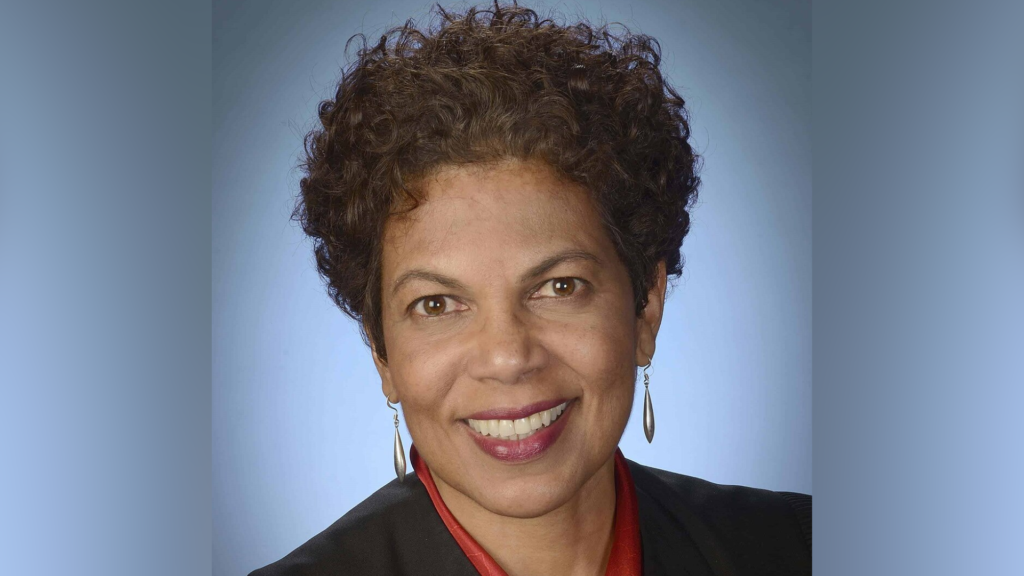
Judge Tanya Chutkan, an Obama appointee, held a hearing Monday morning after 14 Democrat state attorneys general filed a lawsuit against former President Donald Trump and DOGE, arguing that Elon Musk wields unchecked power due to his lack of Senate confirmation.
While Chutkan did not immediately issue a ruling, she stated that she would attempt to decide within 24 hours.
The lawsuit, brought by attorneys general from blue states such as Arizona, Michigan, Rhode Island, New Mexico, California, and Massachusetts, claims that Trump’s creation of DOGE (Department of Government Efficiency) and his appointment of Musk to oversee it violate the Appointments Clause of the Constitution.
The plaintiffs argue that Musk, not having been confirmed by the Senate, should not have the authority to issue directives to executive branch officials.
This legal argument closely mirrors a previous case in Chutkan’s courtroom. Trump’s legal team had previously filed a motion to dismiss charges against him, contending that Special Counsel Jack Smith’s appointment violated the Appointments Clause since he was not Senate-confirmed. Judge Chutkan rejected that argument, allowing Smith’s role to stand.
However, in a separate case, Judge Aileen Cannon dismissed the classified documents case against Trump on the same constitutional grounds.
Now, the plaintiffs are making a similar claim against Musk, arguing that his role at DOGE is unconstitutional. Despite this, Chutkan appeared skeptical of the emergency restraining order they sought to halt Musk and DOGE’s operations.
During Friday’s hearing, Chutkan asked the plaintiffs to file a revised proposal narrowing their request. On Monday morning, she reiterated that the court could not issue an emergency order based solely on news reports.
“The plaintiffs’ request is simply too broad,” Chutkan said, pushing back against their argument that Musk’s authority should be immediately restrained. She also questioned Department of Justice lawyers about any planned mass firings within DOGE, signaling concerns over broader governmental implications.
Legal analyst Margot Cleveland provided insights from the hearing, noting that the plaintiffs insisted they had enough evidence to justify the restraining order. However, Chutkan maintained that legal action cannot be based on media reports alone.
Chutkan’s ruling, expected within the next 24 hours, could have significant implications for the case against Trump and Musk. If she upholds the plaintiffs’ argument, it may set a precedent for future challenges to executive appointments and agency structures. Conversely, if she rejects the restraining order, it could strengthen Trump’s position and reinforce Musk’s authority within DOGE.
As this high-profile legal battle unfolds, all eyes are on Chutkan’s impending decision, which could shape the landscape of executive power and constitutional interpretation.
This is a developing story. Updates will be provided as more information becomes available.

